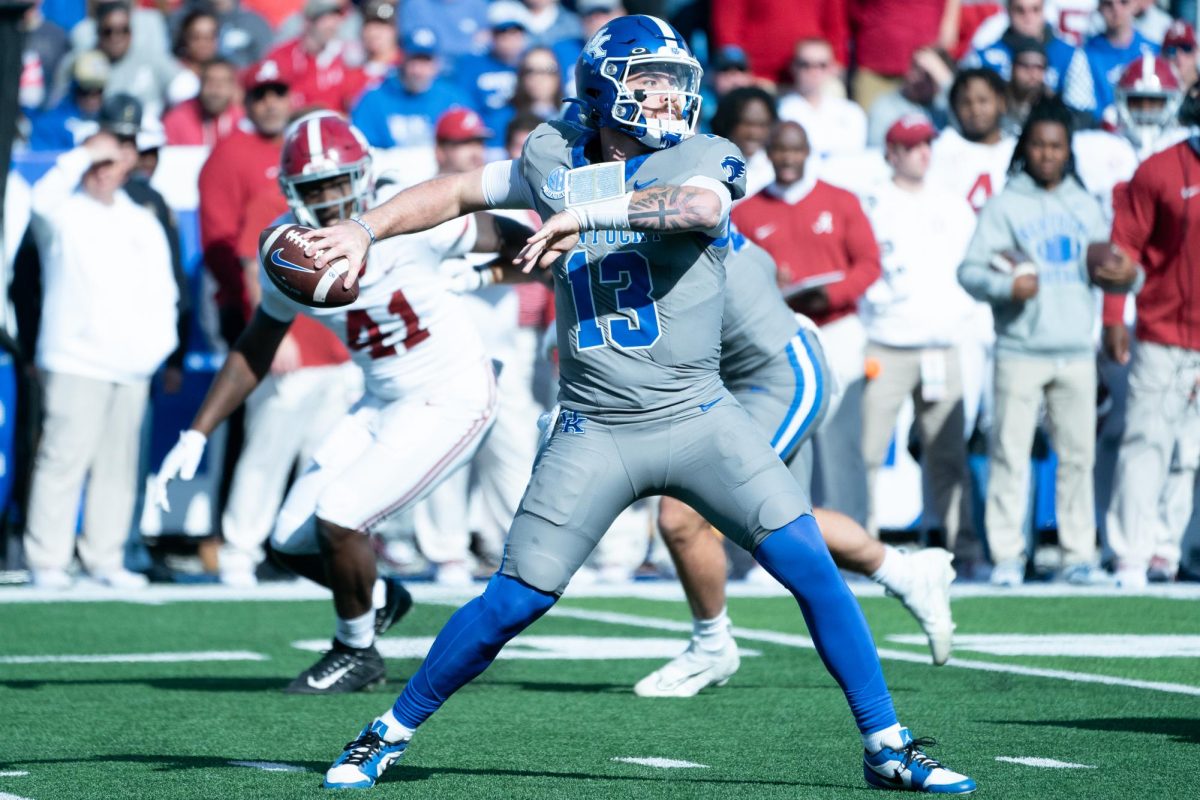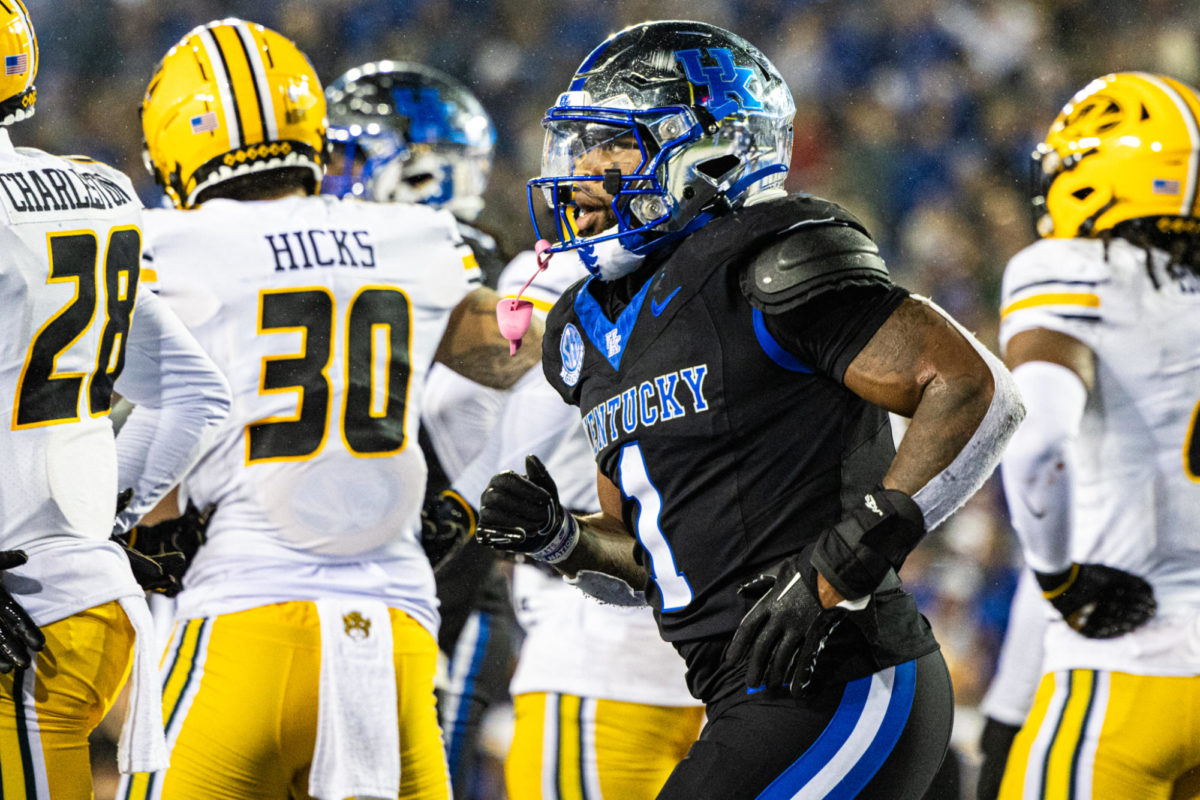Food production methods should face strict ethics
December 1, 2008
Column by Tim Riley
If one is desperate to make himself into a news story, there are certain guaranteed methods to make it happen. One can dedicate their life to tirelessly researching the cure for a disease and succeed. One can learn to throw a football extremely well and perform for millions of people every week. Or, if someone really wants the quick and easy way, they can engage in animal cruelty.
One simply has to ask Michael Vick what act made him more famous, football or dog fighting, to see proof of this. In the United States, there is often more outrage over the slaughter of common household pets than the murder of a human being. Unfortunately for many of the animals of the world, the value placed upon each of the species’ lives is highly variable.
While a person can be sent to jail for injuring a dog unnecessarily, the more delicious animals of the world are often put through unnatural processes to help appease the demands of the modern world. In order to maximize profit and meet demand, the modern meat producer has developed a myriad of ways to increase efficiency. While this was once seemingly limited to slaughtering and raising methods, new advances in technology are changing the possibilities every day.
Just as the ethics of human cloning and gene selection have generated intense debate, the ways in which food production is carried out should be similarly studied. It has been clear for many years now that the old ways of the meat industry are long gone. Unlike the cats and dogs that most could never fathom harming, cows and chickens are commodities that must be created, developed, packaged and sold as quickly as possible. In the past, the same was true, but modern technology has enabled more questionable methods for actually carrying it out.
Ignoring the multitude of ways animal cruelty can be carried out in the factory itself, the possibilities of violating ethical boundaries still remain great. What if a single cow was found to be particularly suited for the meat industry due to its physical characteristics? Would it be ethical for our society to continually clone this same animal again and again to meet consumer demand? It is not a question of if this will ever be possible, but when. Therefore, it is imperative to know now whether we should.
If the process of dealing with these animals can be streamlined to a simple process of clone, fatten and kill, is there some moral line that is being crossed? At a certain point, this process will improve to the point where it seems life itself is monetized. The cold science of the situation and basic logic clearly see this as an easy means to increase production efficiency, but the life of any creature can only be devalued so much before there is a violation of basic moral tenants.
Juxtaposed against one another, the outcry over dog fighting and the almost nonexistent debate over the future of our food-producing animals is laughable. While dog fighting is clearly an unacceptable practice, it is a much smaller problem than what the future holds for our food. Just because the average person does not have not have a pet cow at home does not mean it is ethically acceptable to treat them anyway we want. Out of sight is not an acceptable excuse for out of mind.
Every working arena has certain ethical guidelines that must be understood by practitioners of the trade. Whether these develop to insure the safety of people or because of a less tangible moral necessity, it is important that they are practiced carefully. Because of the nature of food though, it is important that everyone consider the implications of how their dinner reached their plate. Just because modern technology can do something does not mean it should be done.
It is far too easy to block out where one’s food is coming from, but the value of life means it should never be done. Just as science has enabled the potential for extreme cruelty, it has likewise provided a means to help insure that necessary processes can be carried out with more care than was ever possible before. Our nation simply must decide where its values lie. It will then be clear how the powers of our modern world should be used.





















































































































































